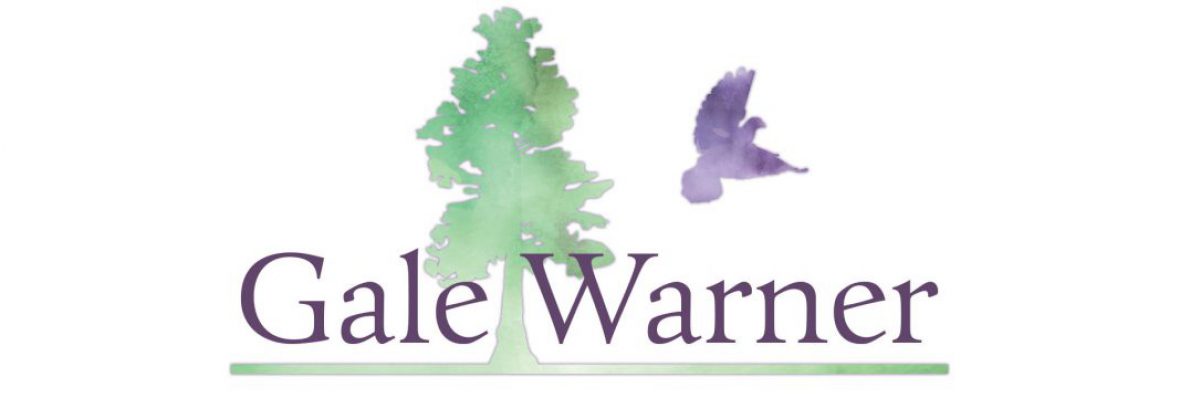Four American physicians and four Soviet physicians doffed their white coats for 10 days last February to wage a joint health campaign against a shared medical threat: nuclear war. The doctors spoke at public symposia, press conferences, and medical grand rounds in Houston, Los Angeles, Chicago, Cleveland and Philadelphia in a tour designed by the International Physicians for the Prevention of Nuclear War (IPPNW) to dramatize that physicians from East and West have identical views of “the final epidemic” and of the steps needed for its prevention.
The health of Americans depends on the Soviet Union, and the health of Soviets depends on the United States. We are here to try to break down mistrust of the Soviet Union in America and demonstrate our common belief: either we co-exist or we may cease to exist,” said Dr. Mikhail Kuzin, leader of the Soviet delegation and director of the Vishnevsky Surgery Institute in Moscow, to an audience of 200 in the John F. Kennedy Memorial Library on Feb. 16.
In July, American and Soviet physicians will conduct a similar public education campaign in major Soviet cities. In both countries, the physicians will be urging an end to all nuclear weapons testing as their first “medical prescription.”
“We have been conditioned with the sense that we cannot trust the Russians, with complex differences between diverse social systems reduced to martial combat between forces of good and evil,” said Dr. Bernard Lown, professor of cardiology at Harvard University and co-founder of IPPNW. “We cannot argue effectively with Reagan and his cohorts as long as they continue to hold up the image of the evil empire unchallenged.”
When in Boston, Dr. Kuzin met with medical students from Harvard and Boston University to discuss a July tour of the Soviet Union by 25 medical students from Western countries and a proposal for American students to study medicine in the USSR and vice-versa. “He was very enthusiastic about the tour,” said Harvard student organizer Rob Saper, “and while there are more logistical barriers with the medical exchange, he’s very supportive of it and we’re confident it will be underway by next year.”


